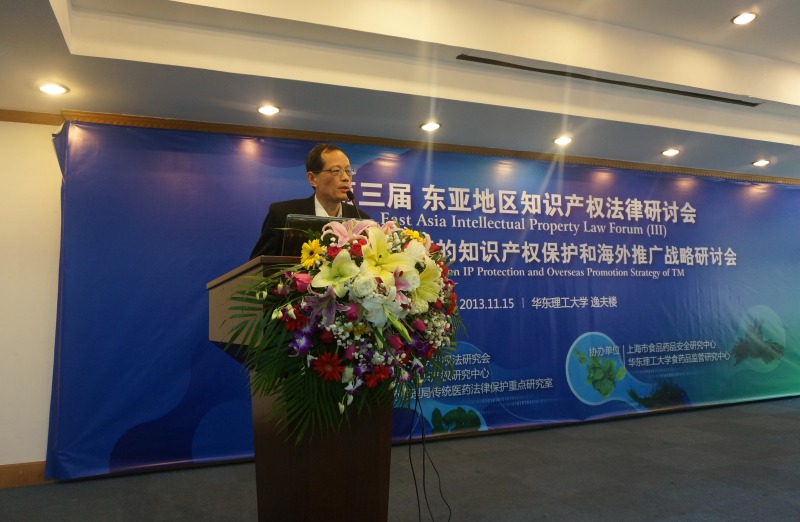Research Reveals the ERAD Tuning Regulatory Mechanism in Plant
Endoplasmic reticulum associated protein degradation (ERAD) is a kind of special ubiquitin-proteasome degradation pathway in endoplasmic reticulum. And it plays an important role in removing proteins which are incorrect folding and modifying. Because of the important function of ERAD, the ERAD activity is under the strict control of misfolded proteins in vivo. Under the normal conditions, the content of misfolded proteins in vivo is low. If the ERAD activity is high, it would lead to the nonspecific degradation for normal protein. So through ERAD tuning can reduce part of the protein content in key components. However, the research of ERAD in plant is still in the stage for the functional identification. The research of ERAD tuning is very little.
The research group led by XIE Qi from Institute of Genetics and Developmental Biology of Chinese Academy of Sciences has long been engaged in the research of ERAD regulation mechanism in plant. Complex HRD1 and complex DOA10 are two key complexes which participate in the ERAD process of eukaryote. Through the previous study, the group proved that the content of misfolded proteins in vivo is low under the normal conditions and HRD1 ensure the ERAD activity at lower level by ubiquitination and degradation of UBC32 directly. It was the first report about ERAD tuning in plant. Moreover, the research group proved that the regulation process exist in animal conservative. Based on the previous study, the XIE’s group continued to study in-depth. They found that, as ubiquitin-conjugating enzyme, UBC32 could retrograde regulates the AtOS9 which is the component of complex HRD1. UBC32 directly negative regulates the protein stability of AtOS9. These studies and the recent research on mammal mutual corroborate that there is the effect of mutual antagonism between complex HRD1 and complex DOA10 in higher organism. It further deepens people’s understanding of the ERAD and ERAD tuning in higher organism.
The research result has been published on Mol. Plant on Dec 28th, 2016.
Time: 2017-01-11
Source: Institute of Genetics and Developmental Biology
next:Scientists Constructed Visual Model of HCV Cell Infection


